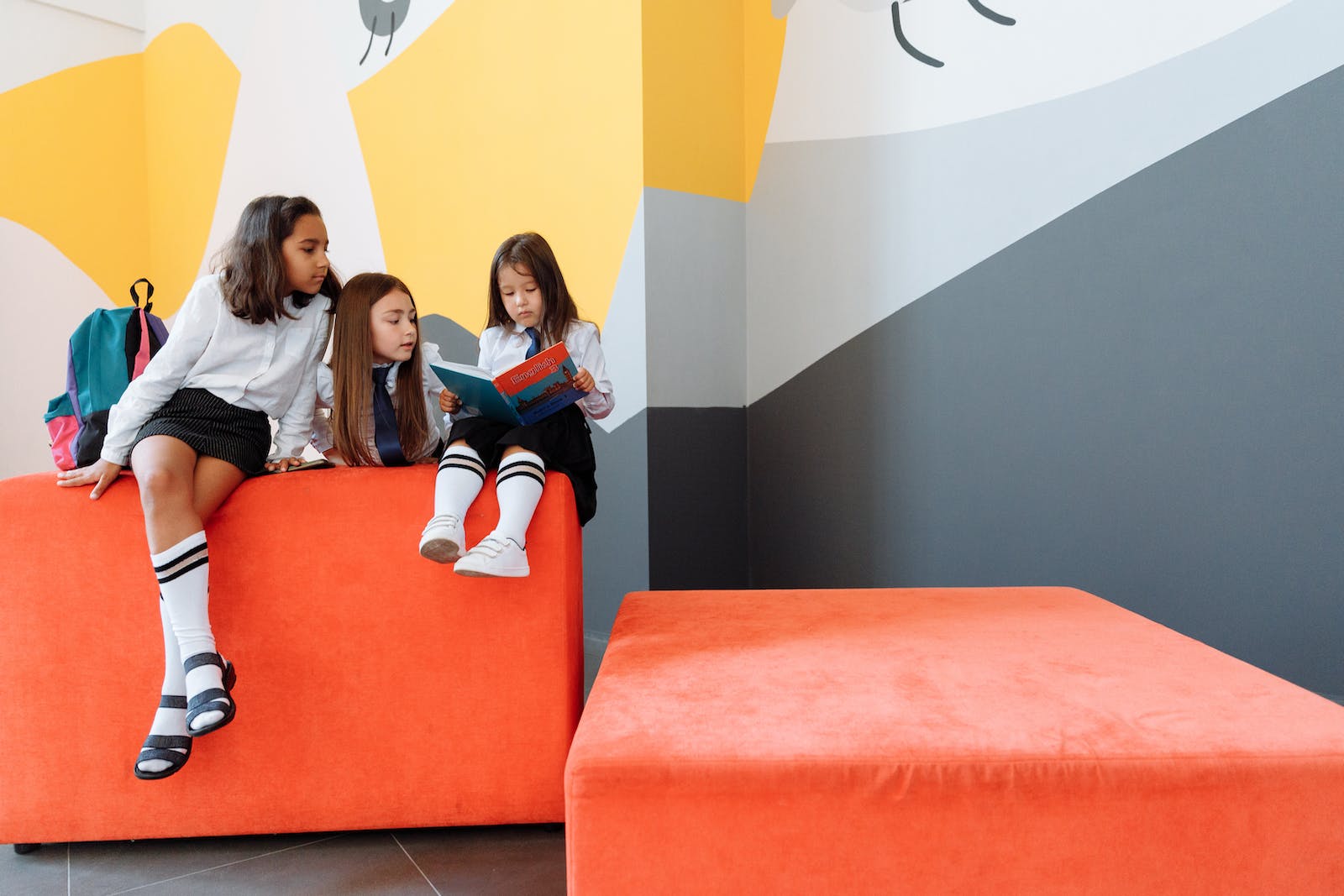The Ultimate Guide to Backpacks: Pros and Cons You Need to Know
Discover the advantages and disadvantages of using a backpack
Backpacks have become an indispensable item for people on the go, whether for travel, school, work, or outdoor adventures. They offer convenience, practicality, and the ability to carry belongings with ease. However, like any product, backpacks also have their drawbacks. In this comprehensive guide, we'll explore the advantages and disadvantages of using a backpack, helping you make an informed decision about whether it's the right choice for your needs.
From the ergonomic design and organizational features to the potential strain on the back and shoulders, backpacks have both pros and cons that are important to consider. Let's delve into the benefits and issues associated with using a backpack in various aspects of life.
Pros
Discover the advantages of incorporating a backpack into your daily life, whether for work, travel, or outdoor activities. From functionality to style, backpacks have plenty to offer.
Convenience and Mobility
One of the key advantages of using a backpack is the convenience and mobility it provides. With a backpack, you have the freedom to move around with your essentials securely stored on your back. This is especially beneficial for travelers, hikers, and commuters who need to navigate various terrains and crowded spaces without being encumbered by a bulky or unwieldy bag.
Ergonomic Design for Comfort
Many modern backpacks are designed with ergonomics in mind, featuring padded straps, contoured back panels, and adjustable components that enhance comfort during prolonged wear. This ergonomic design helps distribute the weight of the backpack evenly across the body, reducing strain on the shoulders and back. It's a practical solution for individuals carrying heavy loads for extended periods.
Organization and Accessibility
Backpacks often come with multiple compartments, pockets, and organizational features that facilitate efficient packing and easy access to belongings. This level of organization is especially valuable for students, professionals, and travelers who need to keep their items neatly arranged and readily available. From padded laptop sleeves to specialized pockets for water bottles and gadgets, the layout of a backpack can streamline daily activities.
Hands-Free Functionality
The hands-free functionality of a backpack is another advantage, as it allows users to engage in various activities without the burden of carrying a bag by hand. Whether it's snapping photos during sightseeing, using a smartphone, or maneuvering through crowded spaces, having both hands free can significantly enhance the overall experience of daily tasks and adventures.
Versatility in Style and Use
Backpacks offer versatility in both style and use, catering to a wide range of preferences and practical requirements. From sleek, professional designs suitable for business settings to rugged, outdoor-ready options for hiking and camping, there's a backpack to suit nearly every need and aesthetic preference. This versatility makes backpacks a popular choice for individuals with diverse lifestyles.
Durability and Longevity
Backpacks are often designed with durable materials, making them long-lasting and able to withstand wear and tear from daily use. This durability ensures that the backpack can withstand the weight of items stored within it and remain functional for an extended period of time, providing good value for the investment.
Health Benefits
Using a backpack can promote better posture and reduce the strain on the back and shoulders when designed with proper ergonomic support. Additionally, distributing weight evenly across the back can help prevent muscle strain and potential long-term back issues associated with uneven weight distribution, making it a healthier choice compared to other types of bags.
Missing a pro?
Let us know which pro you are missing!
Cons
Explore the potential disadvantages and drawbacks associated with using a backpack in various settings. While backpacks offer numerous advantages, it's important to be aware of the potential issues they may present.
Potential for Theft and Security Concerns
In crowded or unfamiliar environments, backpacks can be vulnerable to theft or unauthorized access. Unlike crossbody bags or waist packs that remain within the user's immediate line of sight and control, backpacks are positioned on the user's back, making them less visible and potentially susceptible to theft or tampering.
Potential for Overlooked Items
Due to the compartmentalized nature of backpacks, there is a risk of forgetting or misplacing items within the various pockets and sections. This can lead to frustration and wasted time searching for essential items, especially if they are small and easily overlooked in a multi-pocket design.
Risk of Overloading and Strain
One significant drawback of using a backpack is the risk of overloading it with heavy items, leading to strain on the back, shoulders, and neck. Improperly distributed weight and prolonged wear of a heavy backpack can contribute to discomfort and musculoskeletal issues, particularly if the user fails to adhere to weight limits and ergonomic guidelines.
Limited Accessibility to Contents
While backpacks offer organized storage, the very design that provides this feature can also lead to challenges in accessing items, especially when the backpack is fully packed. Unlike front-opening suitcases or messenger bags, backpacks often require users to remove the bag and set it down in order to access items at the bottom, which can be inconvenient in certain situations.
Potential for Imbalance and Spatial Constraints
Carrying a backpack, especially one with a substantial volume, can lead to issues of imbalance and spatial constraints in crowded settings or confined spaces. For example, when boarding a packed bus or maneuvering through a congested urban area, the bulk and dimensions of a backpack may pose challenges for the user and fellow commuters.
Stigmatization or Fashion Limitations
In certain social or professional contexts, backpacks may carry a stigma or be perceived as less formal or mature in comparison to briefcases or handbags. This perception can influence individuals to opt for alternative bag styles even if a backpack would be more practical for their needs, leading to a compromise of functionality for the sake of adhering to social norms or professional expectations.
Weather Vulnerability
In inclement weather conditions, backpacks may not provide adequate protection for the contents inside, especially if the material is not fully waterproof. Items like electronics, books, or important documents may be at risk of damage from exposure to rain or snow, necessitating additional protective measures or alternative storage options.
Missing a con?
Let us know which con you are missing!
Conclusion
In conclusion, backpacks offer a myriad of benefits such as convenience, comfort, and versatility, making them a popular choice for individuals across diverse lifestyles. However, it's essential to consider the potential drawbacks associated with backpack use, including issues related to weight distribution, security, and social perceptions. By understanding both the advantages and disadvantages, individuals can make informed decisions about when and how to incorporate backpacks into their daily routines, maximizing the benefits while minimizing the challenges.
What do you think?
Do you think the pros outweigh the cons?









